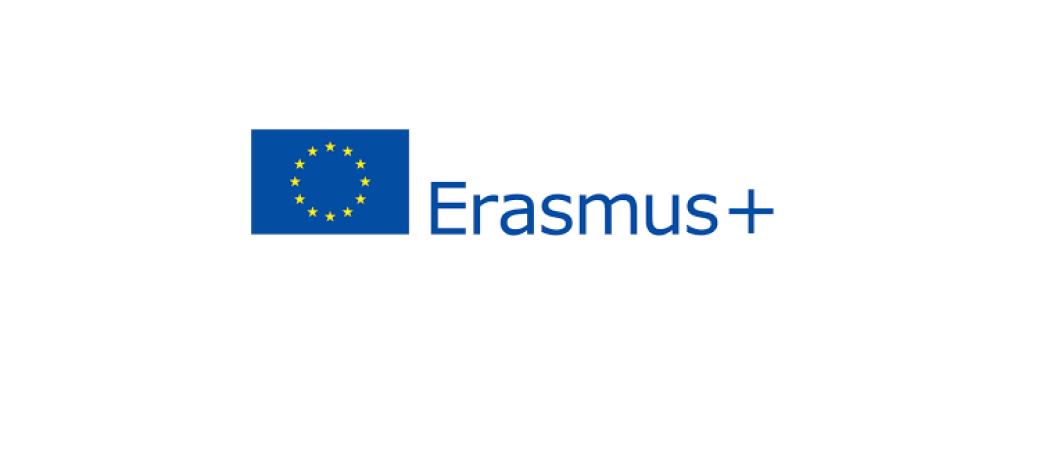
The European University Association (EUA) has issued a first response to the European Commission’s proposal for the EU’s next Erasmus programme. Released on 30 May, the proposal provides a solid basis for discussion on the 2021-2027 programme, including the much-needed increase in funding.
The Association has weighed the proposal against the university sector’s recommendations and finds that policy makers need to further reflect on how much it will really cost to fulfil the ambitious goals set out at the 2017 Gothenburg Social Summit and the related EU Commission Communication, in particular the creation of a European Education Area.
“Doubling the Erasmus budget is a move in the right direction, given that the current Erasmus+ programme is underfunded,” said Michael Gaebel, EUA Higher Education Policy Director. “However, the new Erasmus programme will have to cover the additional policy goals emphasised in Gothenburg, like the creation of networks of ‘European Universities’. Policy makers must make sure that we can do this without resulting again in unacceptably low success rates in parts of the programme.”
The European Parliament, in the meantime, has called for a tripling of the Erasmus budget, demonstrating a deeper commitment to education, and in turn investing in social cohesion, European integration, citizenship and European values.
Regarding the “European Universities” initiative, EUA believes the Commission’s proposal demonstrates the value and potential of European higher education cooperation. However, the Association points out that other types of cooperation are equally important. In its response, EUA calls on policy makers to strike a balance between funding the new networks of “European Universities” and other cooperation partnerships.
Given the EU’s ambition for a more social Europe, EUA also believes that the proposal requires a more explicit stance on social inclusion and equity. EUA has consistently called for a truly inclusive programme. The proposal promises increased investment to enhance accessibility and allow for the participation of more disadvantaged students, including migrants. However, this will require concrete actions that are sufficiently funded.
Interestingly, the Commission’s proposal would allow countries outside the EU to participate in the programme. EUA sees this as a proactive response to Brexit and as an opportunity for further internationalisation.
“It is a positive surprise that the Erasmus programme will now be open to the world. This is also good in the context of Brexit as it opens the door for UK participation,” said Thomas Jorgensen, EUA Senior Policy Coordinator. “Furthermore, it could be an interesting option for closer cooperation between universities all over the world.”
EUA will continue to follow the negotiations for the Erasmus programme and provide further input and evidence from the sector. EUA’s position is informed by an extensive member survey that resulted in a detailed set of recommendations and additional points.





 A unique international forum for public research organisations and companies to connect their external engagement with strategic interests around their R&D system.
A unique international forum for public research organisations and companies to connect their external engagement with strategic interests around their R&D system.